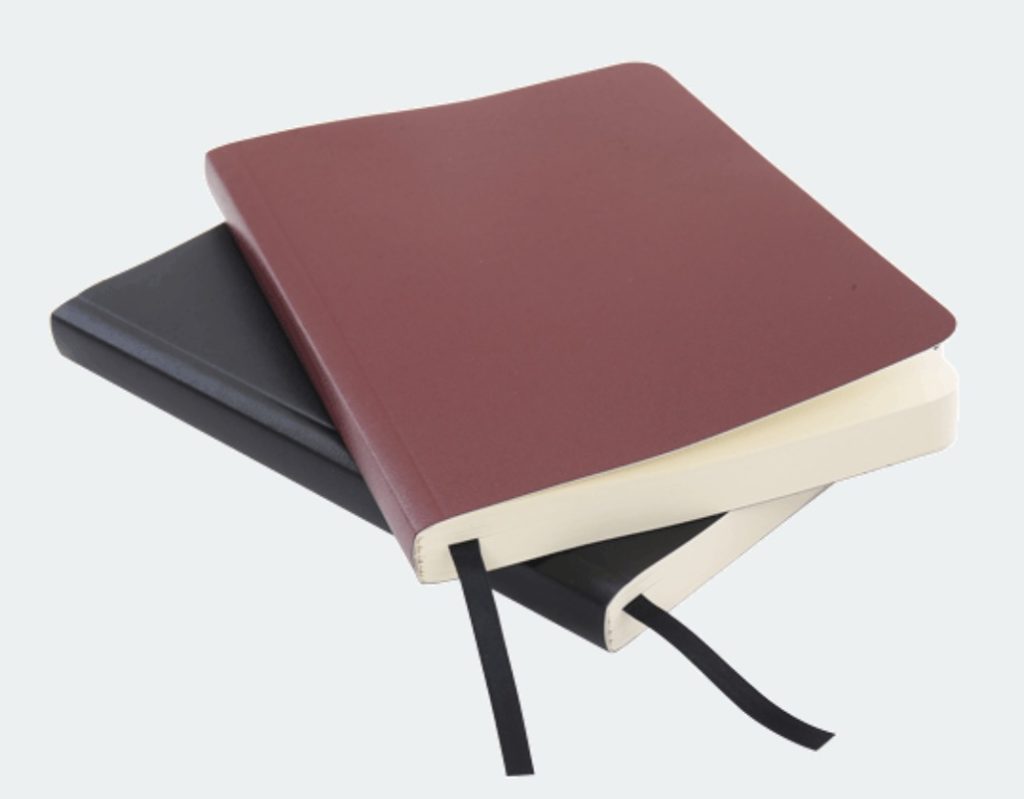Every creative person encounters times where we’re not feeling creative at all. In this post, Macy Thornhill shares ways to support yourself to get past the natural blocks and slumps that come with the creative life.
“Being a writer is not just about typing. It’s also about surviving the rollercoaster of the creative journey.” ― Joanna Penn, The Successful Author Mindset
As writers, we’ve all had those times when we’re procrastinating. Whether it’s because you feel like your creative spark is waning, life is getting in the way of your writing goals, or, if we’re honest, because you’re a little afraid to take the plunge into serious writing.
How do you keep yourself productive when you’re in a creative slump? Sometimes, it’s possible to write your way through it. But other times the best you can do is keep yourself productive in other ways. But how do you know when you’re staying busy, versus when you’re doing busywork?
Over the years, I’ve learned a thing or two about writer’s block and creativity. With these tips, you’ll be able to keep yourself motivated and inspired, while waiting for that spark to come back.
1. Take Time To Think About Your Writing Career
“When you feel that creeping self-doubt, acknowledge it. Write down your feelings in your journal in your journal… and then continue with your writing.” ― Joanna Penn,
Sometimes, especially when you’re just starting out, it’s easy to get overwhelmed as a writer. It’s lonely work, and it can take a while to build up a readership or client base before you really get going.
It can be tough to self-motivate sometimes. When you’re finding it difficult to carve out time for writing because life gets in the way, or you’re not sure where to start, take some time to think about your goals.
For me, I have a notebook that I write in daily. It’s one part diary, one part bullet journal. I use it to keep track of what I’m working on, and where I’m hoping to take my writing in the future.
Find a way to keep yourself on task, whether it’s weekly writing goals or a list of places you want to eventually submit to. You’ll find it’s a great way to stay motivated.
2. Connect With Other Writers
Whenever I feel stuck, I find it motivating to spend time with other writers. Not only is it great to talk shop with someone going through things with you, but other writers might also see things you miss.
Procrastination and writer’s block can come from a mistake you don’t know you’re making. Connect with other writers, through writers groups or classes, and let them help you work through the problem.
At the very least, it might be enough to get you excited about writing again. If you don’t have a writing group in your area, try the Twitter hashtag #amwriting to connect with other writers, or find writing communities on Facebook or Instagram.
One caveat: As described in The Successful Author Mindset, writer groups can have an opposite effect on your creative flow. Group members can be critical for the sake of being critical and you can get lost in the avalanche of untargeted feedback. So make sure the group you’re in is one that will help you grow and move forward.
3. Write Something New
Many writing blogs advise against starting a new project when an old one is floundering, but I think the trick is to do something small. If you’re working on a novel, try a short story. If you’re writing fiction, write a non-fiction article.
The shift in your thinking can sometimes be enough to shake something loose creatively. So get out there and try something new in your writing! You could surprise yourself.
4. Work On Your Portfolio
A writer’s portfolio is a calling card for clients, agents, and publishers. If you’re in a serious writing lull, sometimes, going over your best pieces can help you remember your goals. Updating your portfolio can keep you busy, without succumbing to busywork.
What you need in a good portfolio depends on you, but a welcome page, resume, and references are a good start. Update and organize your contact info.
When you’re choosing pieces, make sure to choose not only your best but samples of the kind of work you’re most interested in doing. Try not to mix genres too much here. You want to show flexibility, but with a clear voice, and clear goals. Finally, mention the domain of your portfolio on all your online profiles, so potential clients, publishers, and agents can find you.
5. Resist Temptation to “Research”
Stop me if you’ve heard this one: “Oh, I really can’t write this scene without checking…” and two hours of Google later, you still haven’t written anything, but you now know everything there is to know about 18th-century juggling, how to bury a body, and the correct way to swaddle a baby.
When we’re procrastinating, research can be a very tempting distraction, especially now that you have an endless universe of data at your disposal. But resist the temptation. Without a clear idea of what you need to find, you’re not going to be effective as a researcher. Use your research only when you have a specific goal, and don’t use it to avoid producing work.
6. Take a Writer’s Walk
Sometimes, we can get so busy with writing we forget other things. If you’ve been pushing for a deadline, working on a big project, or looking for clients, it’s tough to make time to stop and smell the roses. Literally. Sometimes a change of scenery is exactly what you need to get your creative juices flowing.
Spending time in nature also boosts your memory, improves your mental health, and even increases brain activity! If spending too much time in your home office is sapping you creatively, get some fresh air, and replenish your creative energy. It’s better than sitting at home, staring at a blank page!
Takeaway
The best way to build a successful writing career is to make writing a habit, and show up for yourself. But we’ve all had times when it feels like the creative spark has left us. Sometimes it’s a day or two, sometimes a couple of weeks at a time.
When you’re in a slump, it feels easier to fill your life with pointless online meandering or lose yourself in irrelevant statistics.
It’s fine to take breaks, but spend that time to move closer to your goals. If you use this inspiration gap to work on other aspects of your business, you’ll stay motivated, and will return to your writing in no time.
What do you do to motivate yourself when you hit a writing slump? Please leave your thoughts below and join the conversation.
 Macy Thornhill is the frantic scribbling squirrel over at Clippings.me. She loves writing herself out of sticky situations and helping fellow scribblers grow their freelance writing business.
Macy Thornhill is the frantic scribbling squirrel over at Clippings.me. She loves writing herself out of sticky situations and helping fellow scribblers grow their freelance writing business.




